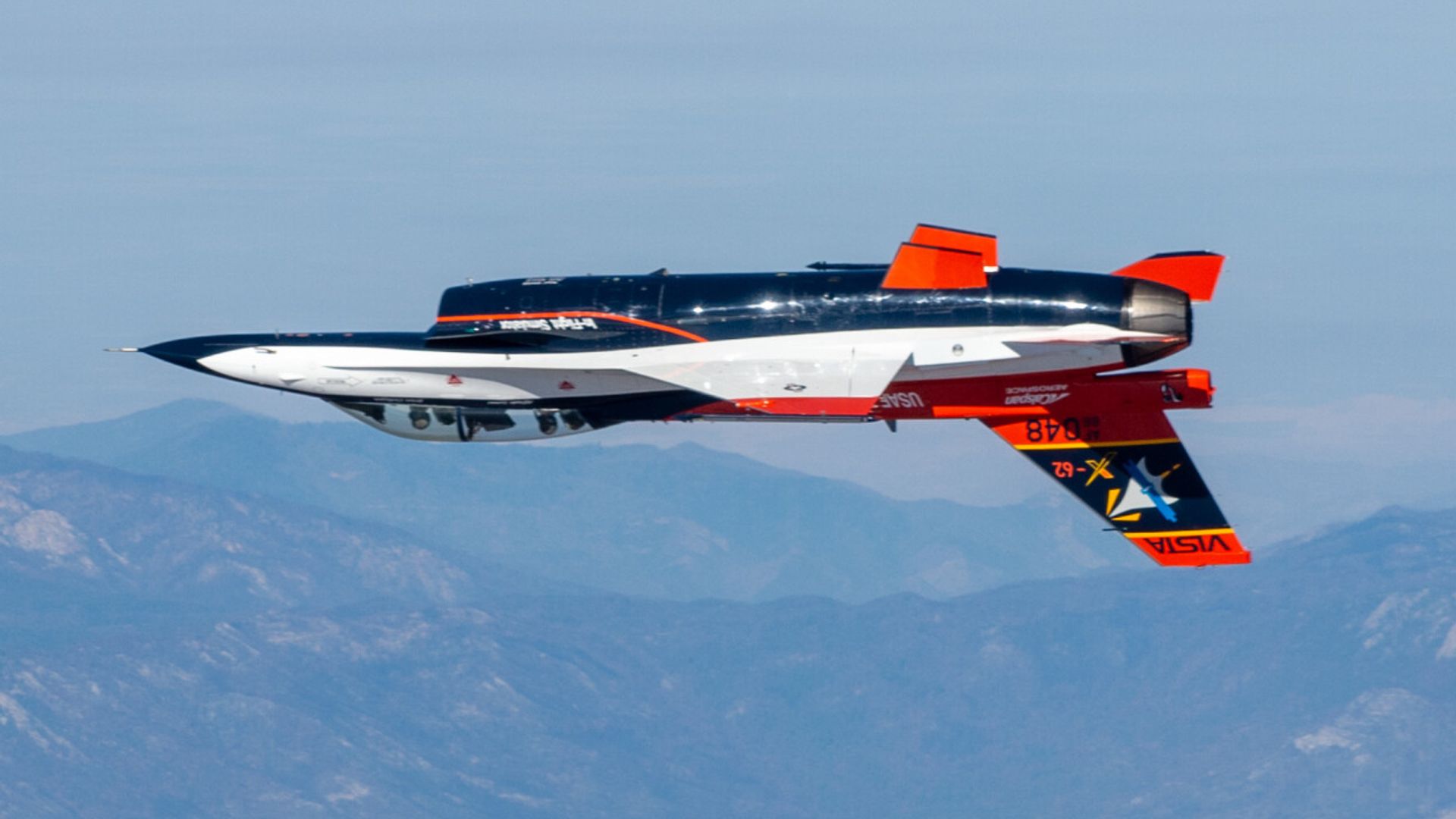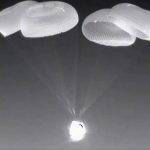The world’s first known combat between a human pilot and a fighter jet controlled by AI has been carried out in California, the US military has said.
In a drill over Edwards Air Force Base, the pair of F-16 fighter jets flew at speeds of up to 1,200mph and got as close as 600 metres during aerial combat, also known as dogfighting.
One was manned, while the other jet was a modified version of the F-16, called the X-62A, or VISTA (variable in-flight simulator test aircraft).
While in flight, the AI algorithm relies on analysing historical data to make decisions for present and future situations, according to the Defence Advanced Research Projects Agency (DARPA), which carried out the test.
This process is called “machine learning”, and has for years been tested in simulators on the ground, said DARPA, a research and development agency of the US Department of Defense.
In 2020, so-called “AI agents” defeated human pilots in simulations in all five of their match-ups – but the technology needed to be run for real in the air.
Pilots were on board the X-62A in case of emergency, but they didn’t need to revert controls at any point during the test dogfight, which took place in September last year and was announced this week.
The result represents a “transformational moment in aerospace history”, DARPA said in a statement.
It did not reveal which aircraft won the dogfight.
“The potential for autonomous air-to-air combat has been imaginable for decades, but the reality has remained a distant dream up until now, said Secretary of the Air Force Frank Kendall.
“In 2023, the X-62A broke one of the most significant barriers in combat aviation. This is a transformational moment, all made possible by breakthrough accomplishments of the X-62A ACE team.”
Read more:
Are we heading for World War Three?
The new tech bringing loved ones back to life through AI
Keep up with all the latest news from the UK and around the world by following Sky News
Colonel James Valpiani, a commandant at the US Air Force test pilot school. said: “Dogfighting is a perfect case for the application – machine learning.
“Dogfighting is extremely dangerous. So, if machine learning can operate effectively in an environment as dangerous as air-to-air combat, it has great potential to earn the trust of humans as we look to applications that are less dangerous but equally complex.”
He added: “The X-62A is an incredible platform, not just for research and advancing the state of tests, but also for preparing the next generation of test leaders.
“When ensuring the capability in front of them is safe, efficient, effective and responsible, industry can look to the results of what the X-62A ACE team has done as a paradigm shift.
“We’ve fundamentally changed the conversation by showing this can be executed safely and responsibly.”






















